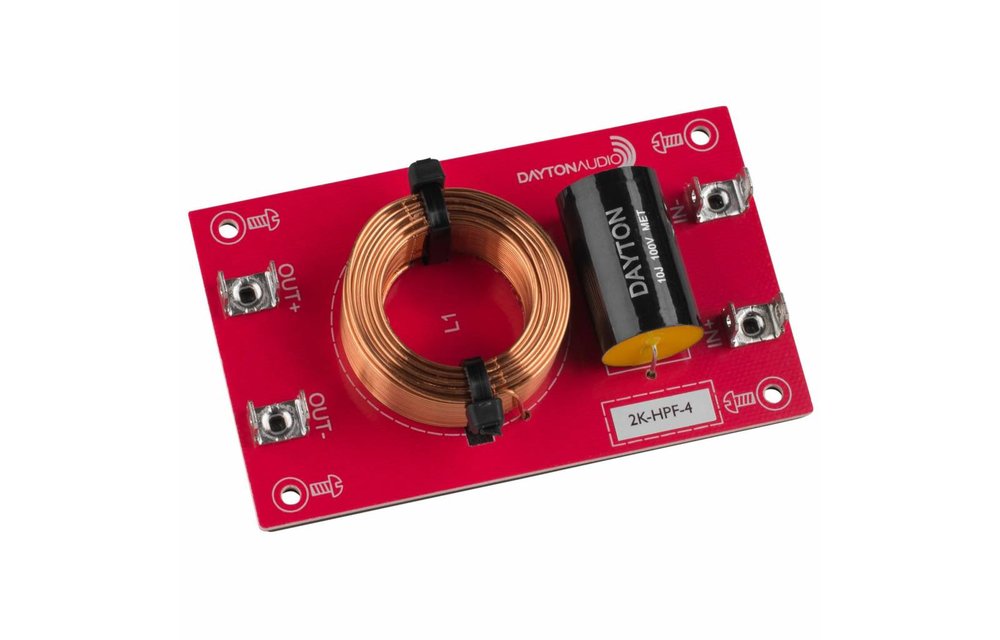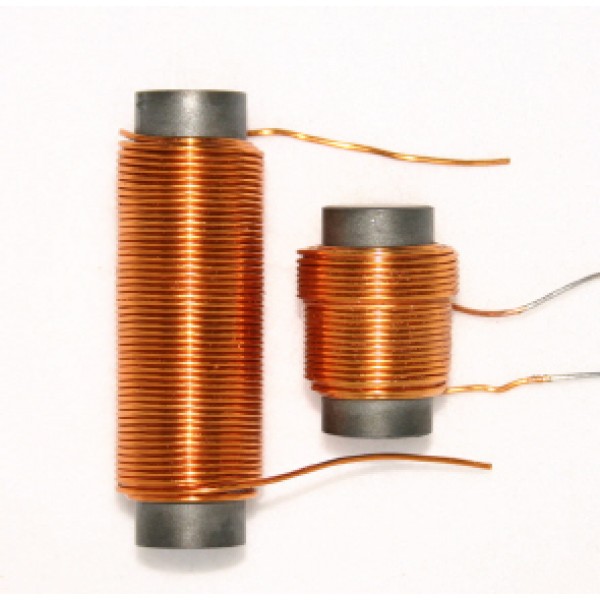

The tweeter is almost always more efficient that the woofer. Also, you might see them in low pass filters for woofers. It is clear that these coils are top picks for budget projects.

This is also proportionate to price as well. I list them in ascending order, from the sound quality perspective. But let’s keep this article to the point and focus only on the types which are most often used. You can image that there are quite a few types of inductors out there. You will find other creative manufacturing processes that try to improve quality. This reduces the mechanical vibrations for all types of coils. As a result, the extra layer melts and creates a solid unit, with the windings firmly bonded together. After the coil has been wound, the coil is baked. To minimize this effect, manufacturers like to add an additional layer of varnish to the insulated wire. This effect is reduced when the core is something solid (not the case for air-core) and the winding is resting on something. This mechanical vibration is turned into an electrical signal and therefore the audio signal passing through the coil is corrupted. This means that the entire winding will vibrate to a certain extent.

For example, every coil will exhibit the effect of microphony. However, manufacturers like to show off their production process and why it’s superior. Some people like to make their own coils, with very good results. You can wind them by hand or use a machine to wind them automatically.

Depending on your coil core, you can calculate how many windings you need to get the desired inductance. This is not the purpose of this article, but you can find formulas on the internet. Many DIY-ers choose to make their own inductors. So, when you are checking out some coils, if you want them to be audio grade inductors, check the following : Inductors are also called coils, for obvious reasons. Depending on how many millihenries it has, some high frequencies will pass and others will not. An inductor is measured in mH (millihenries). However, now it rejects the higher frequencies. Compared to a capacitor, an inductor is also a frequency dependant resistor. Like we said in a previous article about capacitors, the inductor is one of the 3 passive electrical components : resistors, capacitors and inductors. But what makes an inductor suitable for an audio crossover? First of all, let’s try and define the inductor. Isn’t it obvious? You should be using audio grade inductors. What type of inductor should I use for my crossover?


 0 kommentar(er)
0 kommentar(er)
